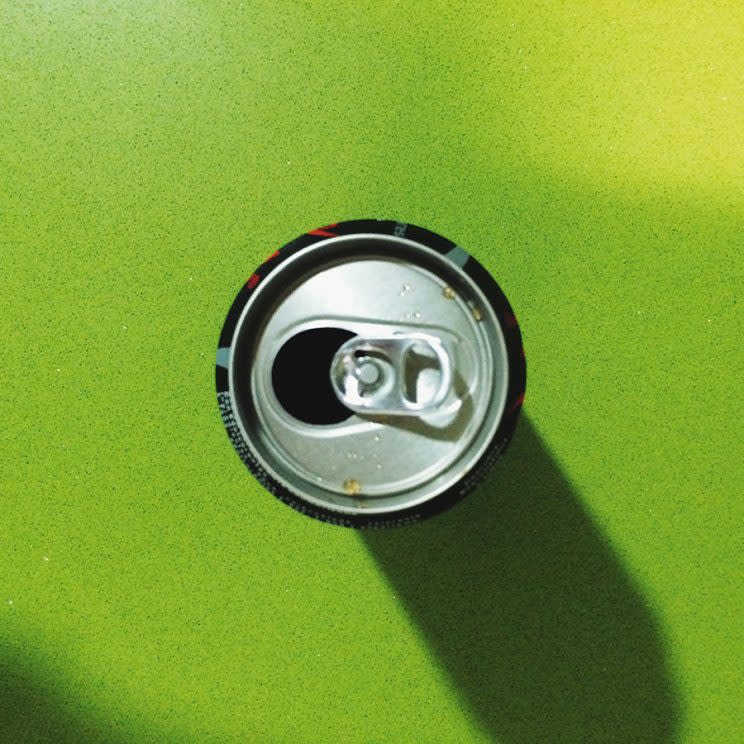Teen Dies From Excessive Caffeine After Drinking Mountain Dew, Latte and Energy Drink
A 16-year-old boy has died from an overdose — after drinking soda, an energy drink, and coffee.

On Monday, coroner Gary Watts confirmed in a news conference that Davis Allen Cripe of South Carolina collapsed at Spring Hill High School on April 26 after drinking a large Mountain Dew, a McDonald’s latte, and an energy drink all within two hours. As a result, his heart “fell out of rhythm,” and he died at Palmetto Health Baptist Parkridge Hospital in Columbia.
Cripe’s death was ruled a caffeine-induced arrhythmia, a condition marked by an irregular heart beat.
A post shared by davis cripe (@pinksicle) on Feb 11, 2017 at 7:01am PST
“We lost Davis from a totally legal substance,” Watts said, according to Columbia local news station WLTX. “[Cripe] was totally against drugs, he was totally against alcohol. He didn’t do any of that.”
Watts added, “These drinks can be very dangerous. I’m telling my friends and family, ‘Don’t drink them.’”
There’s no doubt about it: Teens are consuming more caffeine than ever before, according to a study of children in ninth and 10th grades published in the Journal of Nutrition Education and Behavior. According to the study, 44.6 percent consumed caffeinated drinks one to six times per week, 11.4 consumed caffeine every day, and a mere 4.8 never touched caffeine.
The reason: to feel more alert and study harder and longer.
Soda isn’t always the culprit. Research published in the journal Pediatrics revealed that children are swapping the fizzy stuff for more energy drinks and even coffee. In fact, the study found that 73 percent of children (yes, children) include caffeine in their daily consumption.
Caffeine works by blocking the molecules that signal fatigue to our brains. It also triggers the release of dopamine, a feel-good neurotransmitter, which provides that temporarily wired feeling. But caffeine, found in everything from beverages to chocolate and cold medication, isn’t just a mental and mood boost — it can increase bowel movements, interfere with sleeping patterns, and cause mood swings.
“It’s difficult to know exactly what happened in this boy’s death. However, people metabolize caffeine in very different ways,” Robert Huizenga, a Beverly Hills-based physician, tells Yahoo Beauty. “For example, slow metabolizers can drink coffee before bed and have trouble sleeping; fast metabolizers can drink coffee all day without much effect.”
The coroner stated that Cripe was a healthy young man with no medical history that would have had an impact on his caffeine consumption.
Still, says Huizenga, it’s in the realm of possibility that a young person can consume so much caffeine that the heart begins beating erratically, ultimately preventing blood from reaching the brain.
Kids shouldn’t be drinking caffeine at all, according to the American Academy of Pediatrics, due to caffeine negatively affecting their growing neurological and cardiovascular systems.
Says Huizenga, “It’s ultimately an addictive drug.”
Read more from Yahoo Style + Beauty:
Why Aren’t People Using the Most Effective Method of Birth Control
After HIV Stigma Killed Her Baby, Mom On Mission to End Pediatric AIDS
Follow us on Instagram, Facebook, and Pinterest for nonstop inspiration delivered fresh to your feed, every day. For Twitter updates, follow @YahooStyle and @YahooBeauty.
